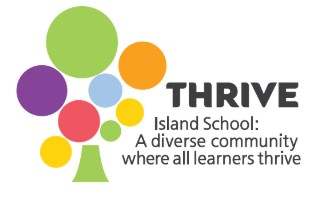學生支援與福祉
多元、平等和共融
在島校,我們致力於認識、接納並珍視我們社區中每位學生的獨特特質與差異。我們通過對公平、公正和多樣性的承諾來慶祝個體性,確保每個聲音都被聽見和尊重。我們追求卓越,創造一個讓所有學生都能茁壯成長的環境,鼓勵他們發揮全部潛能。我們擁抱責任,並賦予學生掌控自己學習的能力,以便為我們的社區作出積極貢獻。
全納教育
- 我們致力於營造一個認識並尊重多元身份的環境,確保所有學生都能獲得適合其獨特需求的教育和學習機會,並激勵他們在校內外茁壯成長。
社區參與
- 我們將積極與家庭和社區成員合作,建立促進尊重、信任與協作的夥伴關係。通過重視每個人的觀點,我們努力營造一個讓學生感到被重視的支持性環境。
公平與公正
- 我們將在島校的體驗中倡導公平與公正,為每位學生爭取公平的待遇和機會。我們的承諾包括開發反映多元觀點並促進包容性的課程。此外,我們將與現有的學生團隊(如Girls Rising)合作,識別並解決成功的障礙,創建有針對性的支持系統,以賦予社區中所有學生力量。
領導層的多樣性
- 我們將促進領導團隊的多樣性,確保社區中各種聲音和經驗都能得到代表。通過培養多元化的領導力,我們希望激勵學生將自己視為未來的領導者,並能為我們的社區作出積極貢獻。
福祉與支持
- 我們將優先考慮所有學生、員工和社區成員的福祉。通過創建一個鼓勵心理健康與個人成長的支持性環境,優先提供資源的可及性,並建立一個可靠的社區,我們將為可能需要額外支持的人提供指導。




